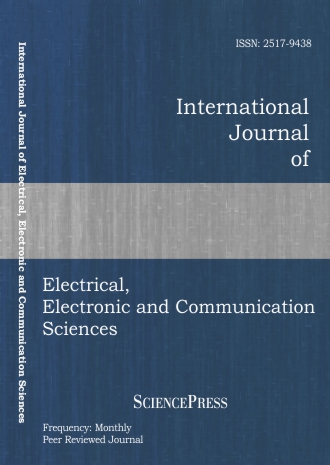
Scholarly
Volume:2, Issue: 9, 2008 Page No: 1976 - 1979
International Journal of Electrical, Electronic and Communication Sciences
ISSN: 2517-9438
2112 Downloads
Auto Tuning of PID Controller for MIMO Processes
One of the most basic functions of control engineers is tuning of controllers. There are always several process loops in the plant necessitate of tuning. The auto tuned Proportional Integral Derivative (PID) Controllers are designed for applications where large load changes are expected or the need for extreme accuracy and fast response time exists. The algorithm presented in this paper is used for the tuning PID controller to obtain its parameters with a minimum computing complexity. It requires continuous analysis of variation in few parameters, and let the program to do the plant test and calculate the controller parameters to adjust and optimize the variables for the best performance. The algorithm developed needs less time as compared to a normal step response test for continuous tuning of the PID through gain scheduling.
References:
[1] J. G. Ziegler and N. B. Nichols, "Optimal settings for automatic